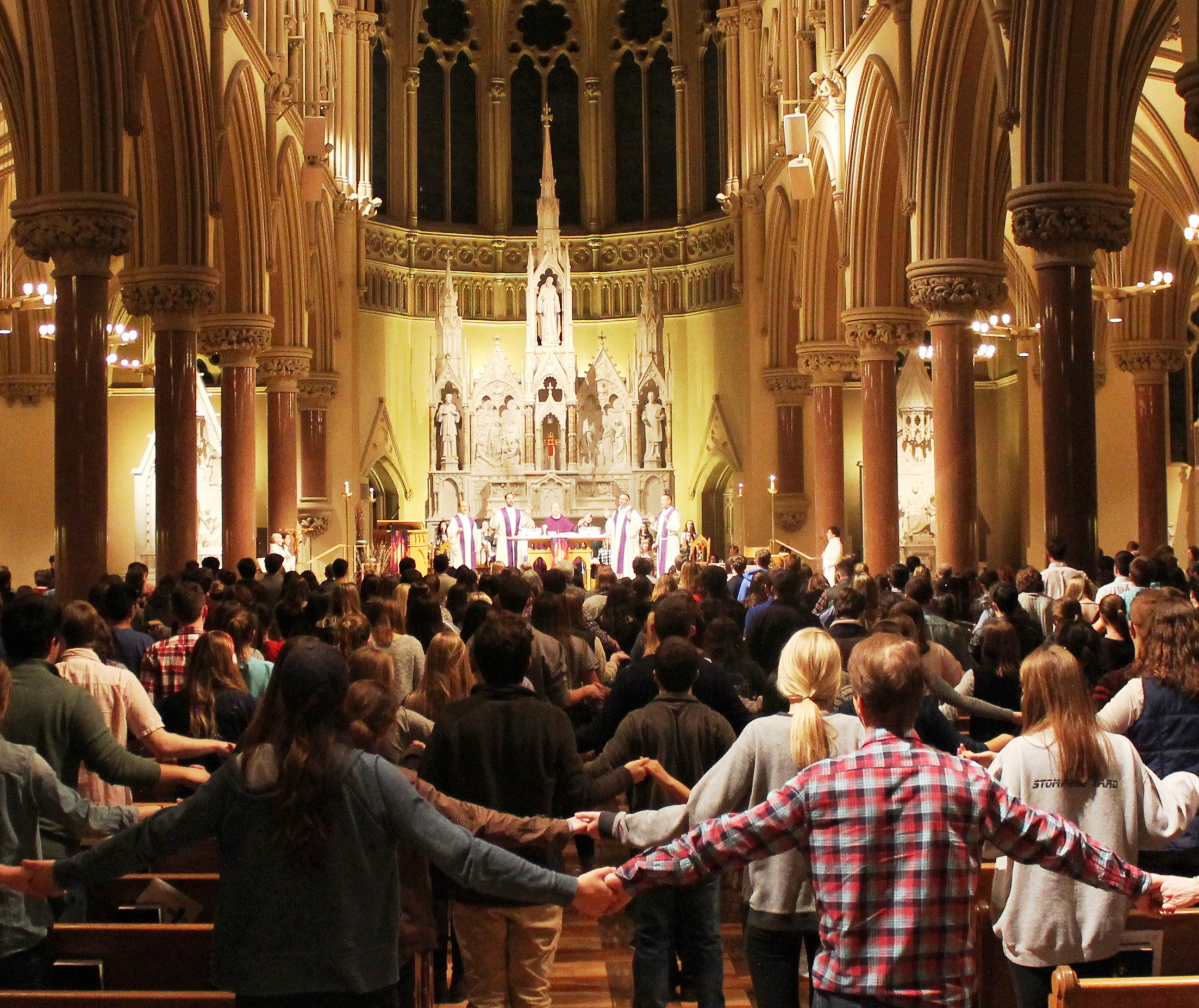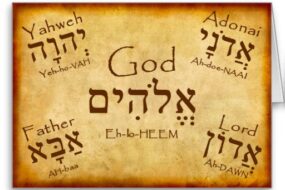
When God called Abraham to leave his homeland, He did not specify where he was to go. Nevertheless, Abraham traveled with his nephew Lot despite God’s wish for them to part ways. Eventually, a conflict arose between the shepherds of Abraham and Lot, leading to their separation. After this division, God revealed to Abraham the specific land He would give Abraham’s descendants: Hebron (Genesis 13:14-18).
Hebron is significant because Abraham purchased a field, a cave, and all the trees in that field from Ephron for the burial of Sarah (Genesis 23:1-2). Later, the patriarchs—Abraham, Isaac, Rebekah, Jacob, and Leah—were buried there. Today, this site is under israeli control and is considered a holy site for Jews, Christians, and Muslims.
After the death of King Saul, David asked God where he should go among the cities of Judah. God instructed him to go to Hebron, where David was anointed as king of Judah by the tribe of Judah (2 Samuel 2:1-4). King David ruled in Hebron for 7.5 years.
Why did God connect King David to his ancestral home, Hebron?
The Hebrew word for Hebron (חֶבְרוֹן, h2257) means “the seat of association.” The Old Testament was originally written in Hebrew.
This term, “seat of association,” refers to the official place where important decisions are made and crucial documents are maintained. Spiritually, it symbolizes a place where individuals can communicate with God and seek His guidance for decision-making. Hebron represents a personal relationship with God. Throughout David’s life, he maintained this personal connection with God, even while facing troubles and attacks from King Saul. He patiently waited many years for God’s promise of kingship over Israel, just as Abraham maintained a personal relationship with God despite the delay in the promise of a covenant child, Isaac.
*Reflection in Today’s Church:*
Hebrews 13:7 states that we should follow our spiritual leaders and imitate their lifestyle and faith. God connected David to Hebron, the same place where the patriarchs were buried because he was influenced by the faith of his ancestors.
*Practical Example:*
Consider a church member praying and maintaining a personal association with God. God reveals to him that he should start a business. Meanwhile, his pastor or spiritual leader also prays and receives the same message for that individual. This illustrates how church members and leaders can connect spiritually and grow together.
David’s son Absalom used the same place, Hebron, to claim kingship over Israel, but he failed because he lacked a personal association with God and did not follow the faith example of his father. This situation highlights a different issue from David’s sin (2 Samuel 15:1-10).
Some pastor’s sons aspire to take over their parents’ pastoral roles in today’s church. I recall a pastor’s son who was appointed as pastor after his father’s death. However, many church members left the congregation because he did not portray his father’s character nor maintain a personal relationship with the Lord.
In the Old Testament, two testimonies are considered accurate. In summary, church members and leaders should strive to connect spiritually to avoid disagreements. Both must be in Hebron—spiritually associated with the Lord. This connection is possible through a personal relationship with God or by following the examples of spiritual leaders.
”WE ENCOURAGE YOU TO READ BIBLE”















No Comments